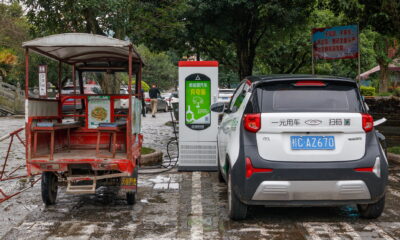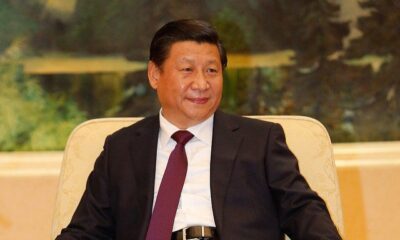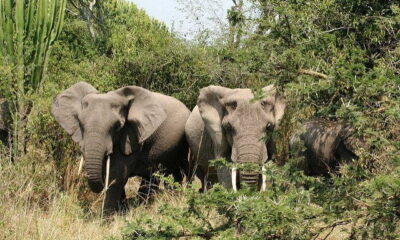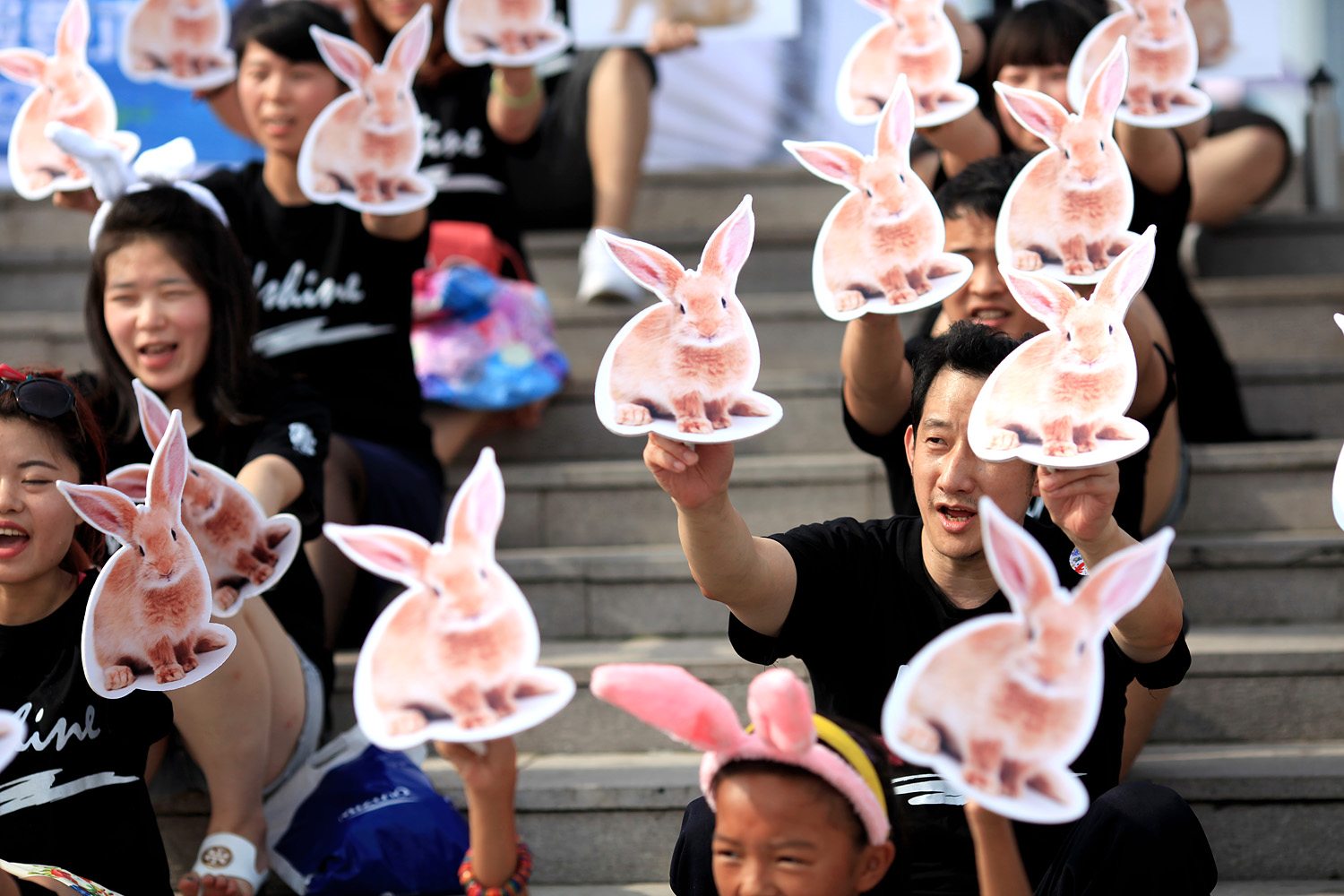
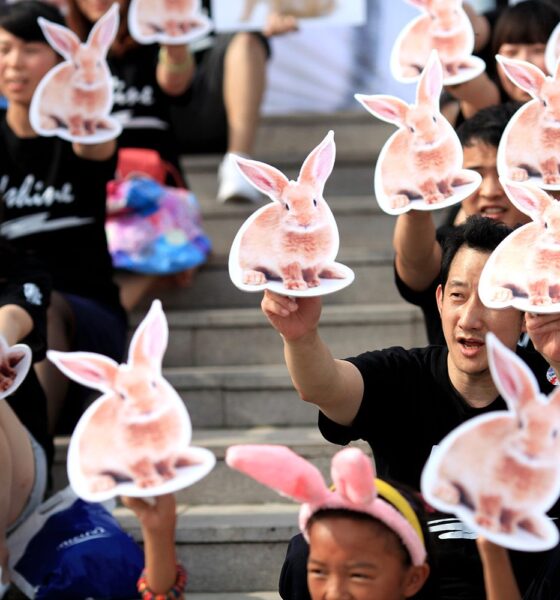
News
China takes first steps towards ‘cruelty-free’ cosmetics after law changes
Manufacturers of cosmetics in China are no longer be legally bound to test on animals for ordinary products sold in the country, after changes to laws came into place on Monday.
The changes are seen as a victory for campaign groups like Be Cruelty-Free, the largest campaign in the world to end animal testing for cosmetics, which has focused in part on the Chinese market for the last few years. Run by the Humane Society International (HSI), it aims to end animal testing in cosmetics all over the globe.
The ruling means up to 10,000 animals a year could be saved from tests and this is the first time China has amended its cosmetic legislation in more than 20 years.
Manufacturers of cosmetics in China can now use existing ingredient data and results of validated non-animal tests.
Peter Li, HSI’s China policy adviser, said, “In making this rule change, China is acknowledging the global trend towards cruelty-free cosmetics, and that’s hugely significant.”
However, the ruling does not apply to all cosmetics, with ‘special ones’ such as hair dyes, deodorants and sunscreens being excluded. Foreign imported products will still require testing and all cosmetics are still subject to post-market testing where products are taken at random from shelves.
Global cruelty-free retailer Lush does not sell cosmetics in China as legislation doesn’t allow fully non-animal tested cosmetics on the market.
“We look forward to further progressive legislation in this area which will put China on par with Europe which would allow Chinese cosmetics companies to trade into Europe and allow us to operate cruelty-free in China”, said Hilary Jones, Lush ethics director.
To celebrate the success, the Be Cruelty-Free campaign sent a letter signed by HSI and 20 Chinese animal groups to the China Food and Drug Administration and there was also a 100-rabbit street event.
Singaporean-born British violinist Vanessa-Mae, who has Chinese family, sent a message of support after the changes. She said, “I am proud of my Chinese heritage, but I also know that there is much work to be done to end animal suffering in China. This is a hugely important milestone and I hope the first step in China’s journey towards ending all animal testing for cosmetics.”
It is estimated that up to 300,000 rabbits, guinea pigs and mice are used to test cosmetics in China every year.
Animal testing on cosmetics was banned in Europe in March 2013. However, not all products are cruelty-free, as companies based in the EU can still sell animal tested products if testing was done elsewhere, meaning customers could be supporting a company that is against their ethics without knowing.
Photo: courtesy of VShineHSI

Further reading:
Report indicates animal testing on the rise despite opposition
Beauty bloggers call for an end to cosmetic animal testing
Cruelty free cosmetics: animal testing ‘largely hidden from the public gaze’
Morrisons to stop animal testing on own-brand cosmetic products

